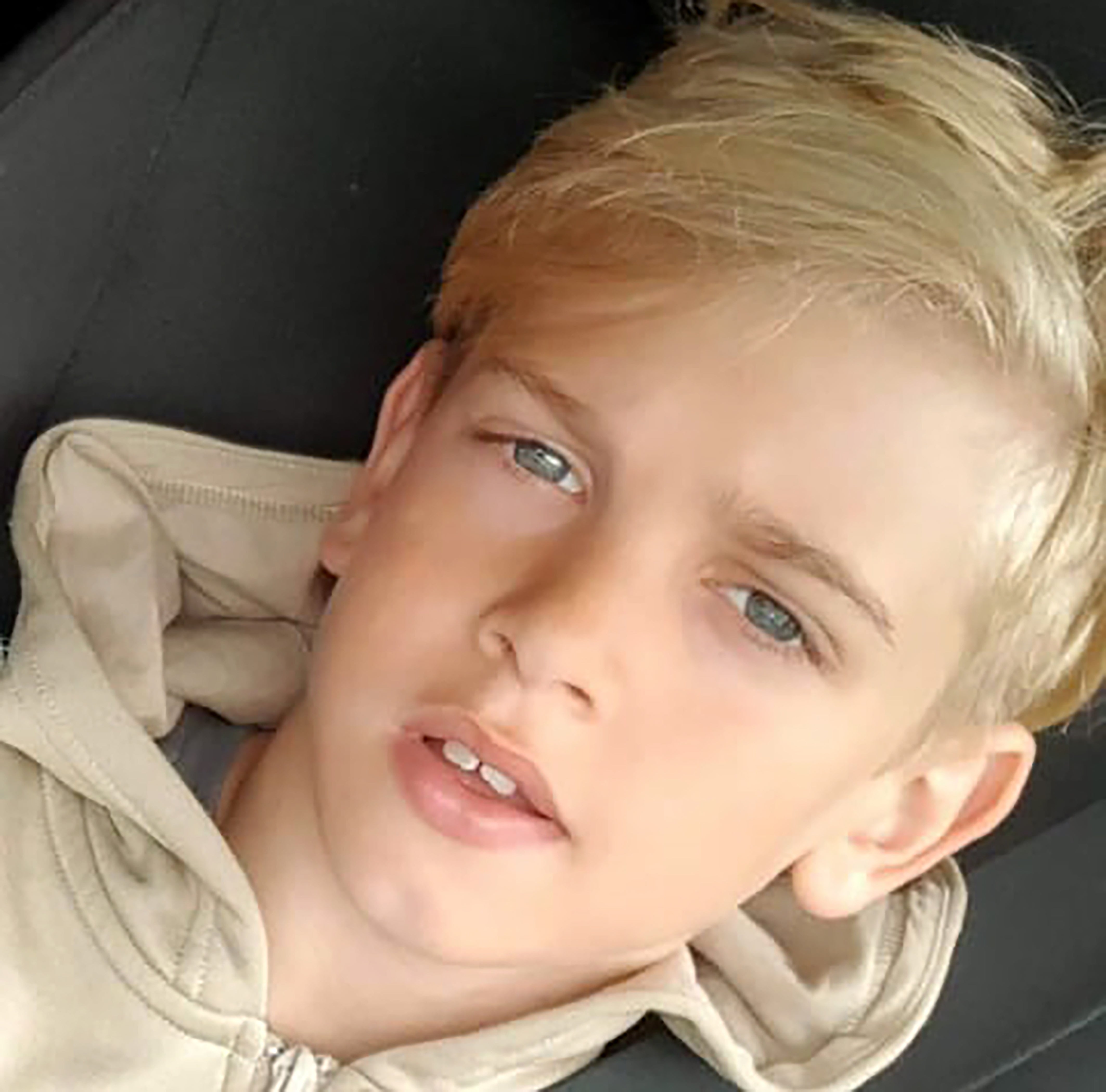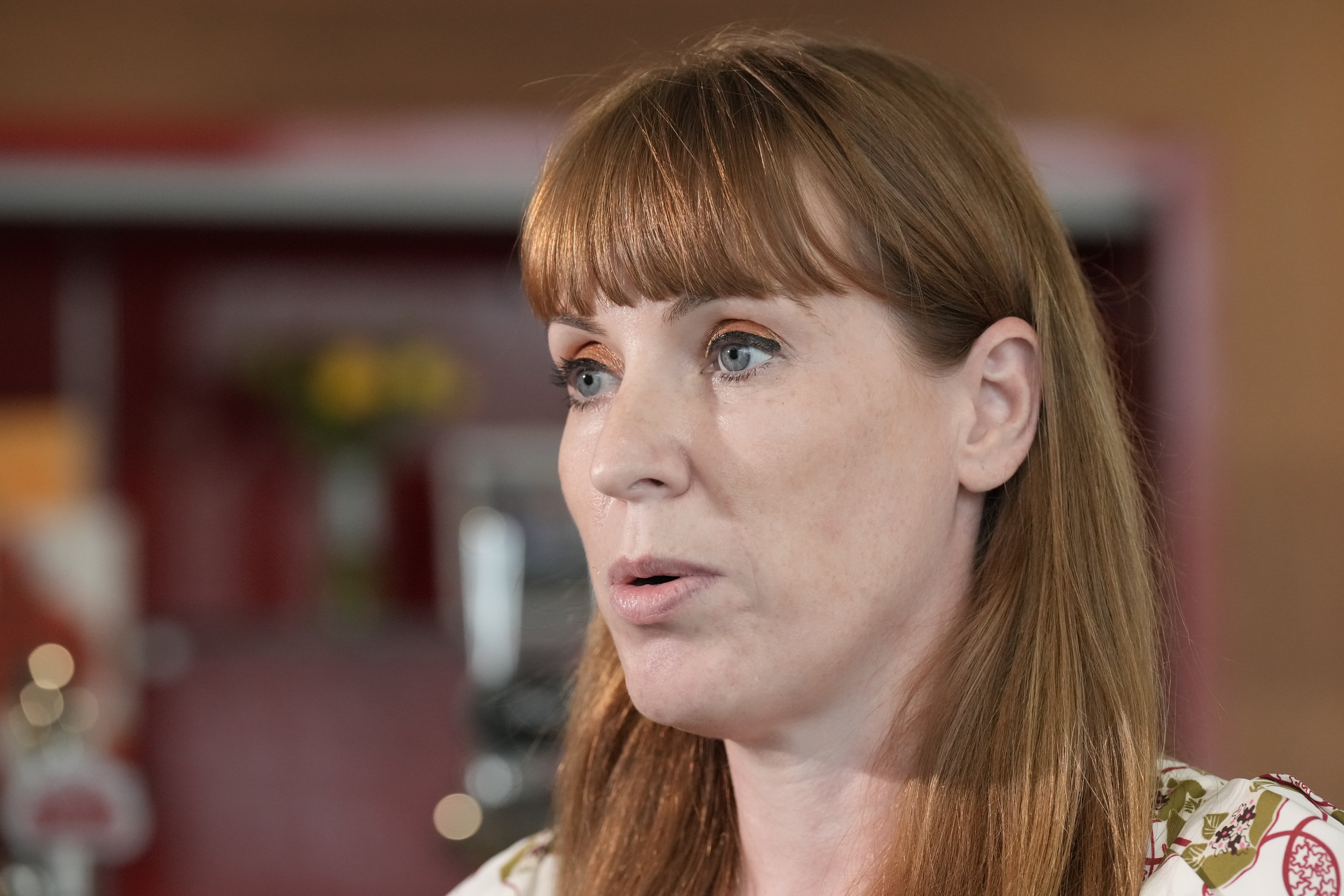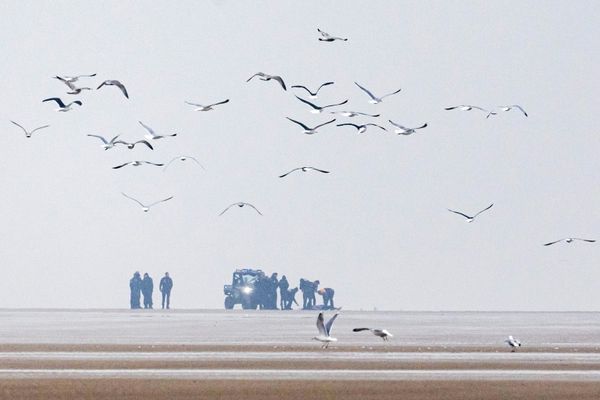
Parents who are suing TikTok alleging the app was linked to their children’s deaths “want answers” and “accountability”.
Four bereaved British families have filed a lawsuit against the video-sharing platform in the US, and its parent firm ByteDance, over access to their children’s social media accounts.
They told the BBC’s Sunday With Laura Kuenssberg programme that access could clarify what had led to the deaths, with one mother asking “why hold back from giving us the data? How can they sleep at night?”
The wrongful death lawsuit claims Isaac Kenevan, 13; Archie Battersbee, 12; Julian “Jools” Sweeney, 14; and Maia Walsh, 13; all died from injuries suffered while taking part in online challenges in 2022.
It accuses TikTok of pushing dangerous prank and challenge videos to children to boost engagement time on the platform.
The families of Isaac, Archie, Jools and Maia are claiming their children died after doing a so-called “blackout challenge” on TikTok.

According to TikTok, it does not allow content showing or promoting dangerous activity or challenges, and it proactively finds 99% of content removed for breaking these rules before it is reported to the firm.
During a group interview with a parent of each of the four children, Isaac’s mother claimed the platform still allowed harmful content, including challenges.
Lisa Kenevan told Sunday With Laura Kuenssberg that TikTok issued “the same corporate statement every time” stories on the topic appeared in the media.
“It’s an insult”, she said, adding that the families were seeking “accountability”.
I relied on that request (to police that I wanted Maia's data scooped) from her deathbed, which is what it was, I relied on that and I was wrong – I was so, so wrong to rely on that
Her son’s final video showed him laughing each time he passed out, she told the programme.
“He’s been influenced by something or someone who has watched these challenges on TikTok”, she said.
March 8 2022 had been a “very ordinary day”, Ms Kenevan said.
“We came home, I was cooking dinner, he was upstairs, and he was a bit of a practical joker … when I called upstairs for dinner he didn’t answer, so I didn’t think that was unusual – then the third call to him I got desperate, and there was no answer,” she said.
“So I went running down the stairs, I got a hammer from the garage, I went running upstairs, bashed the door down and that’s where I found Isaac, unconscious.”
He died the following day.
One of his videos “had a TikTok emblem at the bottom” but police did not know if it had been posted to the site as they “didn’t search the history back any further”, Ms Kenevan said.
“So I am left with, what did he do about those videos, were they posted?”
Hearing you speak, Liam (Maia Walsh's father), takes me straight back to that night. I said to the detective that night, sitting there with Jools’s body in between his dad and I – I said ‘take Jools’s phone and use facial recognition and set yourself a Pin'
When she let Isaac download the app during lockdown she said she had thought TikTok was “safe” and “fun”, with users taking part in “innocent challenges” including the “bottle flip, the floss, (the) ice bucket challenge”.
Maia’s father said his daughter asked him to download TikTok and “approximately six months from that point she’s dead”.
Liam Walsh described telling police “I want her data scooped” about 15 minutes after first seeing her body “because nothing else makes any sense into why this child should end up like this, nothing”.
Mr Walsh told Laura Kuenssberg: “I relied on that request from her deathbed, which is what it was, I relied on that and I was wrong – I was so, so wrong to rely on that.”
Ellen Roome, mother of Jools, has been campaigning for “Jools’s Law” to give parents the right to access their children’s online activity after they die.
She told the BBC programme there were “vast similarities about how all four children took their lives in a very similar way, and we all believe it’s something to do with TikTok”.
Ms Roome spoke after Maia’s father had recounted his daughter’s death, telling him: “Hearing you speak, Liam, takes me straight back to that night”.
“I said to the detective that night, sitting there with Jools’s body in between his dad and I – I said ‘take Jools’s phone and use facial recognition and set yourself a Pin’”.

She said officers told her they would not “tamper” with the phone, but later could not gain access.
Five months later, Jools’s closest friend guessed his Pin by suggesting spelling out his name in numbers.
But the data had been erased by then, Ms Roome said.
Earlier in the programme, Deputy Prime Minister Angela Rayner was asked if she thought it was safe for children to be on TikTok in light of the family’s lawsuit.
She said: “I worry about that, and my heart goes out to those families … I’m a mother myself, and when you hear about what happens and what children are subjected to and what they can see online, it is really dangerous.
“It’s one of the reasons the online harms bill … which will come into effect in March, is so crucially important, because our children do need protecting from that.”
US-based legal resource Social Media Victims Law Centre (SMVLC), for parents of children harmed by social media use, filed the lawsuit in Delaware on behalf of the families.







